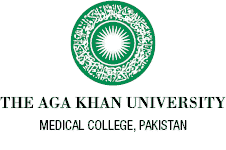AKU ICU team helps babies 'expire' better in Hyderabad
Yes, you read it correctly. The headline says 'expire'—but only in the best sense of the word: to breathe out. The ICU team from AKU's Paediatrics & Child Health drove to Hyderabad on Saturday (March 9, 2024) to train the team at the Liaquat University of Medical & Health Sciences or Civil Hospital how to better use their newly acquired ventilators.
Associate Professor Dr Qalab Abbas was accompanied by his Paediatric Critical Care fellows, Dr Summan Khan, Dr Sidra Asif and Dr Wash Dev Ram, for the workshop.
In Pakistan, ventilators are popularly considered the holy grail of medical equipment. The cheaper ones cost 2.5 million rupees, which is why they are scant across the country. Even more scarce are trained people to run these ultra-sensitive breathing machines.
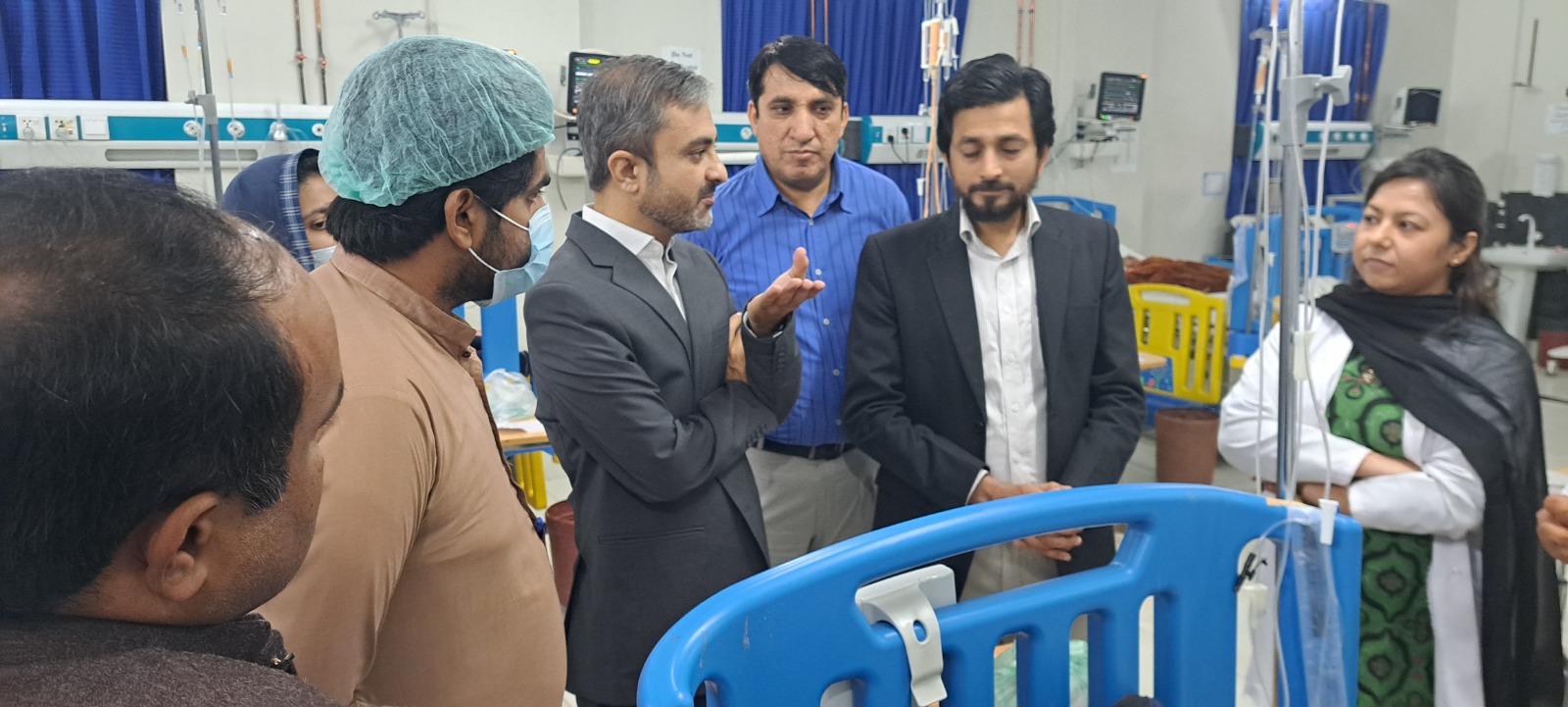
About a year ago, LUMHS acquired the latest Hamilton-C3 compact high-end ventilators and moved to a new facility. The ventilators went to the 42-bed Paediatric ICU and Neonatal ICU. “Doctors come for three months and leave, but the staff remains," explained LUMHS Senior Registrar Dr Touseef Memon, who was one of the workshop's organisers. That is why they encouraged all PICU and NICU staff, nurses and technicians to become proficient at operating the ventilators. And while they do have six medical officers per shift, they struggle to get a “permanent stream" of people for the ICUs.
In fact, this was the third such training session AKU's team was holding at LUMHS since 2022, with earlier ones on non-invasive ventilation and paediatric sepsis. This time Dr Summan Khan covered non-invasive ventilation, Dr Wash Dev mechanical ventilation and Dr Sidra Asif troubleshooting and liberation strategies. More crucially, after the interactive lectures, the group trooped down to the ICUs where ventilators had been set aside for hands-on training.
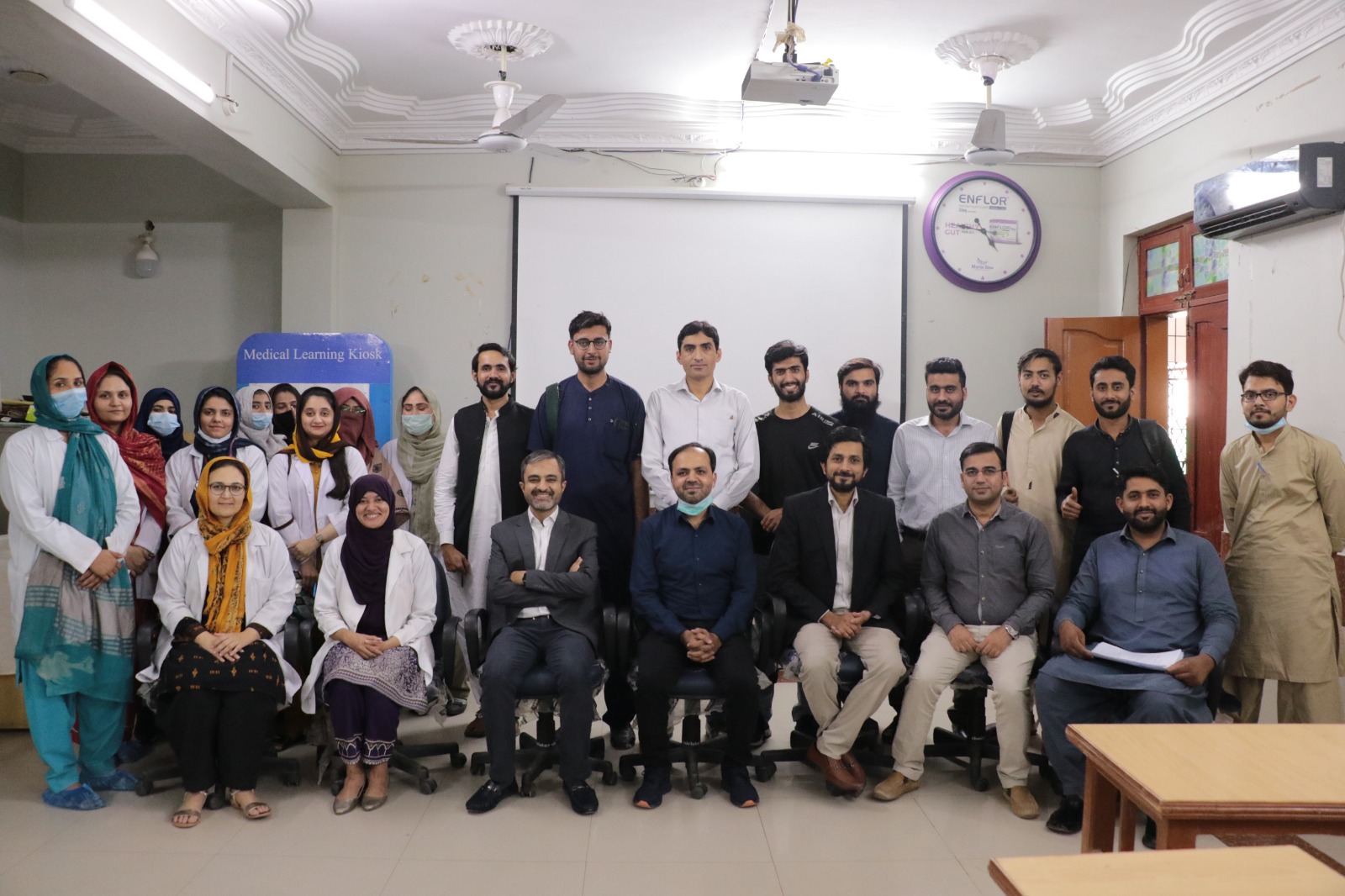
“So I've turned it on," said Dr Qalab to his group. “Now you show me what you do next." After one LUMHS staffer demonstrated, he interrupted to remind them that the settings on the machine have to be age-related. “If you have a one-year-old child, their [breathing] rate is a normal 30, 40, 45 [breaths per minute]. And if it is a neonate, it's obviously different." He even gave them a tip: The easy way to remember ventilator Pressure Control in a paediatric age group is the number 20. “Set Pressure Support at 10, PIP at 5. So 20-10-5."
Ventilators measure how much oxygen and carbon dioxide passes through a baby's airways. They also gauge pressure in it. So, Peak Inspiratory Pressure or PIP is how much pressure was created in order to move the volume of air from the ventilator into the patient's lungs.
“I was a bit confused about PIP," said NICU night duty staffer Javed. “But I learnt that if Peak Pressure goes up, it isn't just because of the lungs, it could be because of the tube or secretions."
Dr Qalab went into detail on how they should assess if air bubbles are not forming, the nasal prongs have a leak, or the child goes into distress, and how the ventilators need to be calibrated for when a child starts to breathe by themself. He reinforced what levels of Continuous Positive Airway Pressure (CPAP) should be maintained by age, 5 or 7 litres of oxygen and a maximum 8. “It is an art, not a science," he told them.
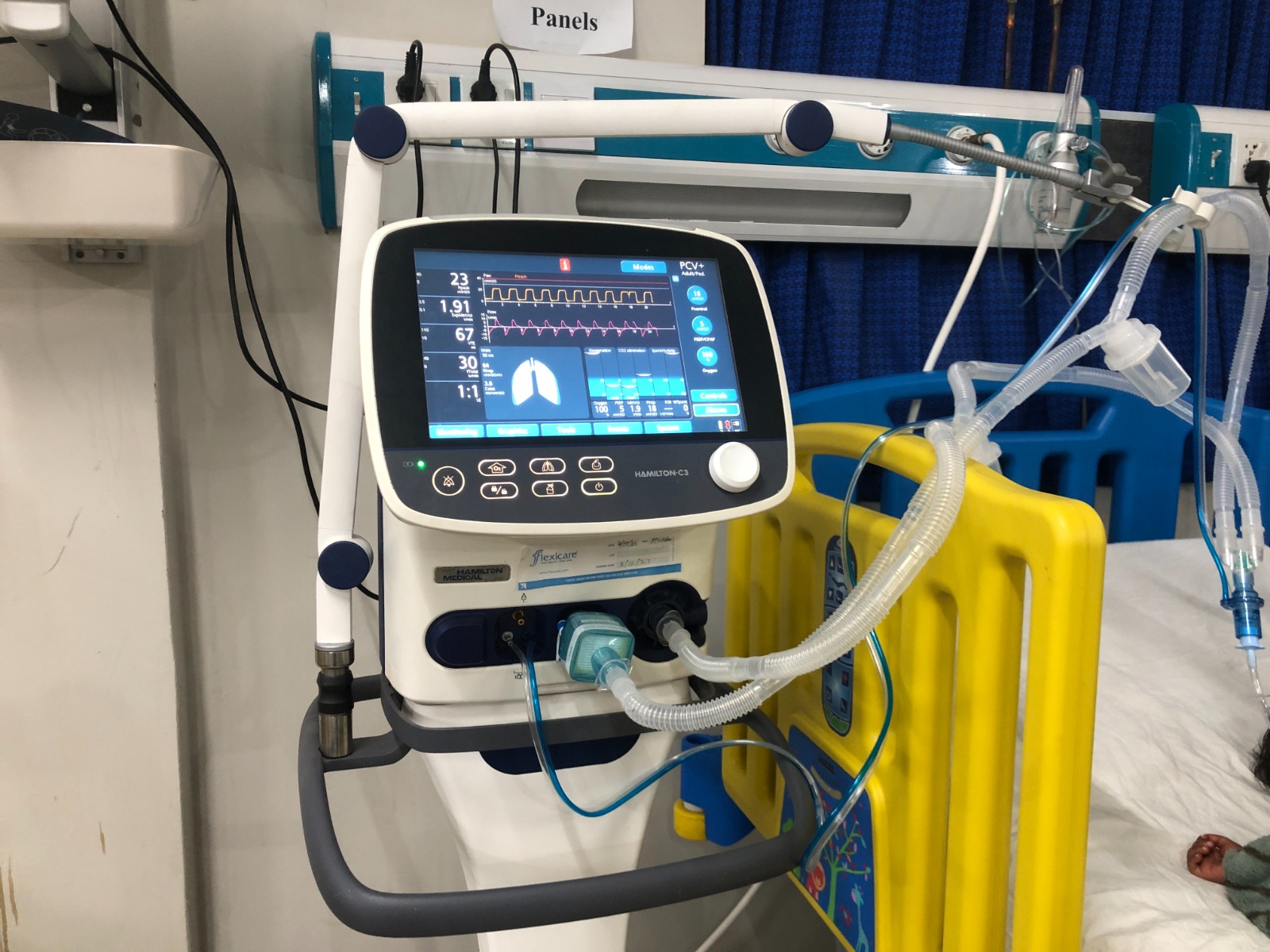
The LUMHS staff were slightly nervous about sedation so the AKU team talked about when it is better to choose that option, depending on how the child is doing.
Two months ago, the AKU Critical Care team started offering the Hyderabad teams telemedicine support round the clock over phone calls, video calls and Zoom to help troubleshoot. This additional support promises to a long way in reducing child mortality.
In fact, the hunger to tap into AKU's academic excellence is such that LUMHS Assistant Professor Dr Zamir Ahmed and Senior Registrar Dr Touseef Memon asked Dr Qalab if sort of exchange or rotation system could be developed with AKU for Residents. “Even if your fellows came for one month, it would make a huge difference," Dr Zamir said. Dr Touseef added that, “The LUMHS Residents who cannot go to Karachi, are learning while sitting here." It is important to retain and attract as much Critical Care expertise in Hyderabad.
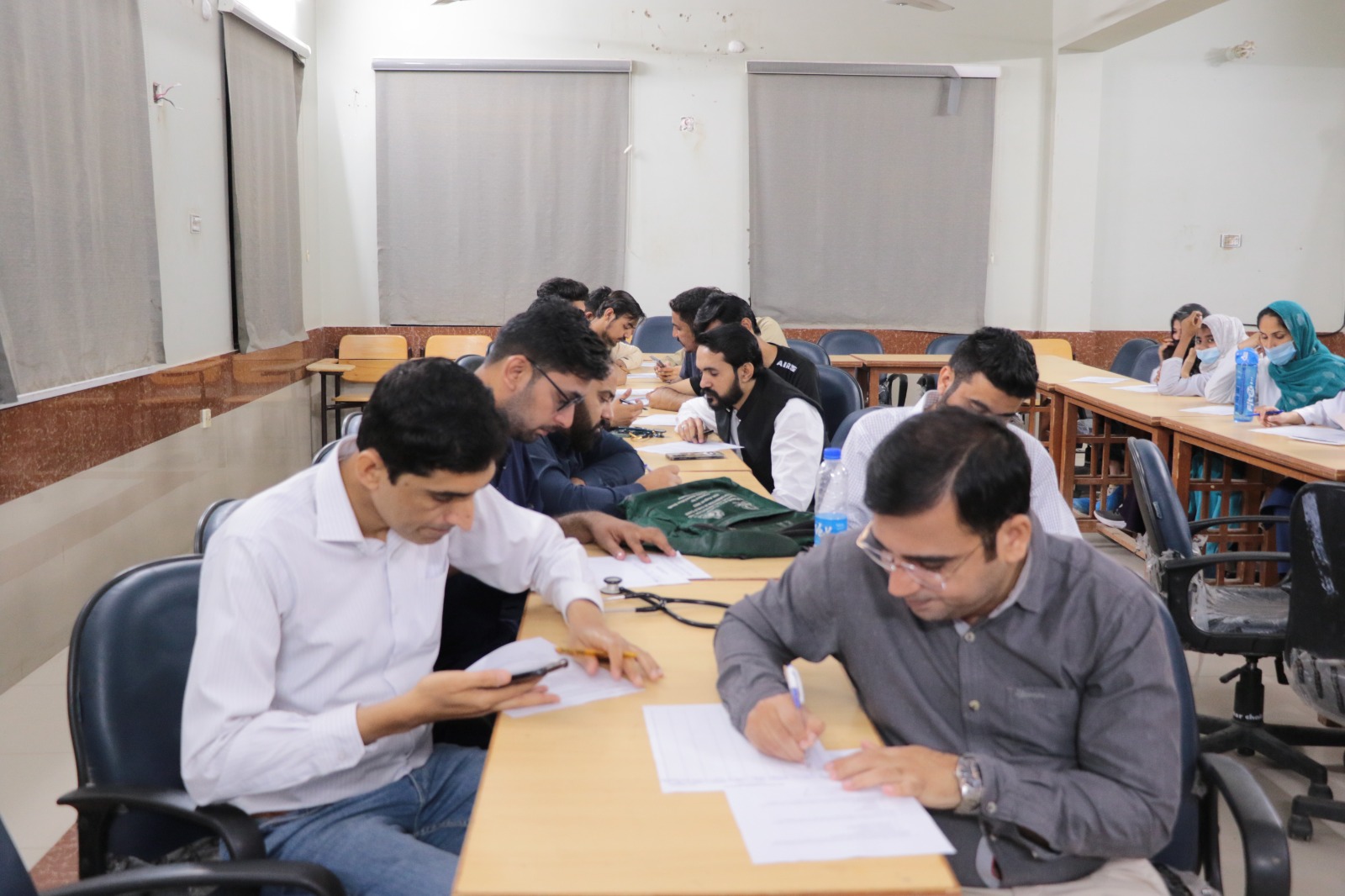
LUMHS receives overwhelming numbers of patients from upper and lower Sindh such as Thatta, Matli, Nawabshah, Tando Mohammad Khan, Dadu, Larkana where there are no ventilators for children. “Before heading to Karachi many families come here directly," said Dr Zamir Ahmed. “And so we are, in a way, absorbing Karachi's burden."
Some private hospitals in Hyderabad have acquired ventilators such as Ghazi Medical Centre, KKF Medical Centre and Hashim Medical City Hospital. But because of costs, many families turn to Civil hospital or LUMHS. “Civil's doors are open to everyone," said Dr Touseef. And so that means there is a constant flow of patients. But at least the Civil Hospital, Hyderabad PICU and NICU staff know they have experts to rely on at AKU's Paediatric Critical Care. That's what we call “inspiration", and no, we don't mean “breathe in" this time.


